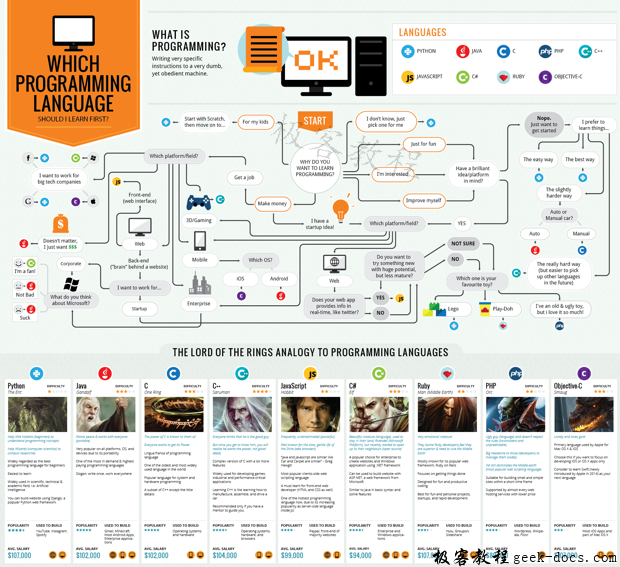What Python can do
The best programmers don’t program for a higher salary or public admiration; they just do it because it’s fun.
—Linus Torvalds, creator of Linux
As a pragmatic learner, the most pressing question is, “Why did I choose to learn Python? What can I do with it after I learn it?”
First, for beginners, Python is much easier to use than other programming languages. Easier to get started.
Python’s design philosophy is elegance, clarity, and simplicity. In the official book, The Zen of Python, there’s a saying:
There should be one—and preferably only one—obvious way to do it.
Python strives to find the best solution. In contrast, other languages strive for multiple solutions.
If you try to read well-written Python code, it feels like reading English. This is Python’s greatest strength: it allows you to focus on solving the problem rather than understanding the language itself.
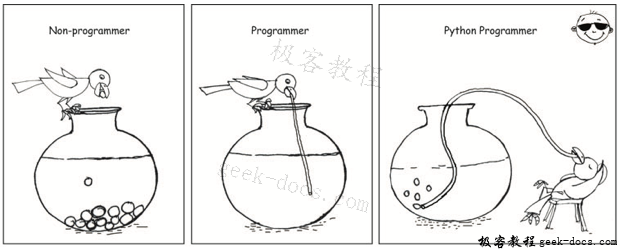
Note: The comic “Thirsty Python Developer” depicts how easy it is to be a Python developer. It’s from the Pycot website.
Secondly, Python is powerful. It takes care of many things you should be worrying about. When you write programs in Python, you don’t have to worry about low-level details like how to manage your program’s memory. Furthermore, Python has a rich library, both official and third-party. The functionality you need may already be available, so you can simply use it without reinventing the wheel. It’s like having a smartphone and being able to install any app you want.
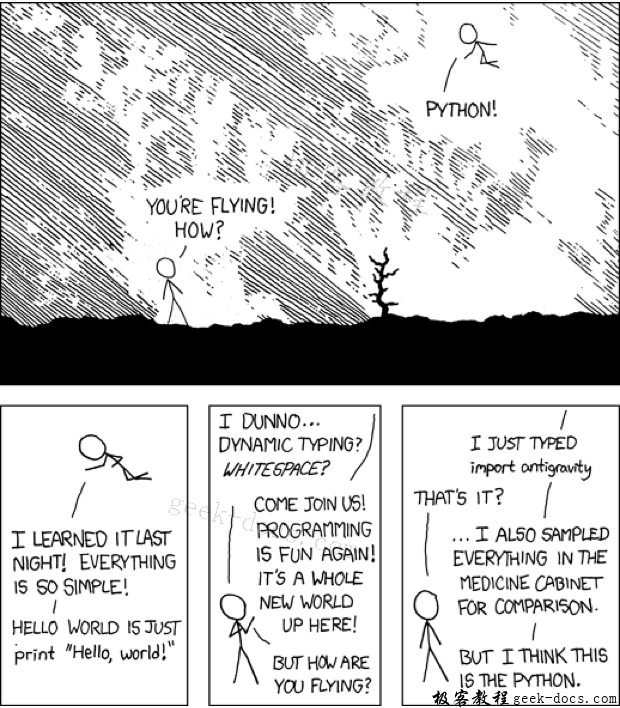
Comic Python, by xkcd
This cartoon illustrates how powerful Python’s libraries are. Importing an anti-gravity library lets you fly.
Third, Python can do a lot.
In the workplace, the following types of people primarily use Python:
- Website back-end programmers: Using Python to build websites and back-end services makes them easier to maintain. When new features need to be added, Python can be easily implemented. Many well-known websites use Python.
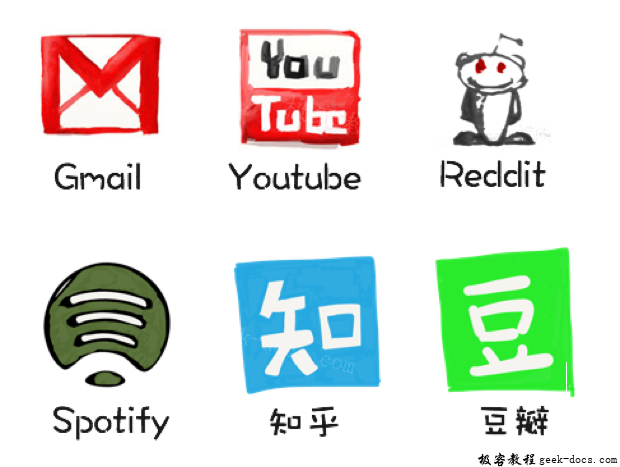
-
Automated Operations and Maintenance: More and more operations and maintenance are turning to automation, batch processing large numbers of operations and maintenance tasks. Python’s advantage in system management lies in its powerful development capabilities and comprehensive toolchain.
- Data Analysts: Python’s rapid development capabilities allow you to quickly validate your ideas without wasting time on the code itself. Its extensive third-party library support also saves time.
- Game Developers: Python is typically embedded within the game as a script. This approach allows you to leverage the high performance of the game engine while benefiting from the advantages of scripted development. Game content can be adjusted simply by modifying the script, without having to recompile the game, making it extremely convenient.
- Automated testing: For testing, mastering the characteristics of scripts will yield better results when designing scripts. Python is currently a popular script.
If you’re an amateur developer who just wants to create something quickly with limited resources and automate everyday problems, Python can help you with the following:
- Website Development
Leveraging feature-rich website frameworks like django and flask, etc., you can quickly build your own website and even make it mobile-friendly.

Note: Project for the Python Full Stack Practical Course: A Ten-Minute Short Video Platform
- Using Scraping to Crawl or Process Large Amounts of Information
When you need to fetch large amounts of data or perform batch processing, Python crawlers can quickly accomplish this, saving you time and repetitive work. Examples include: Weibo private message bots, batch downloading American TV series, executing investment strategies, finding discounted airfare, searching for suitable housing listings, and scripting tasks for system administrators.
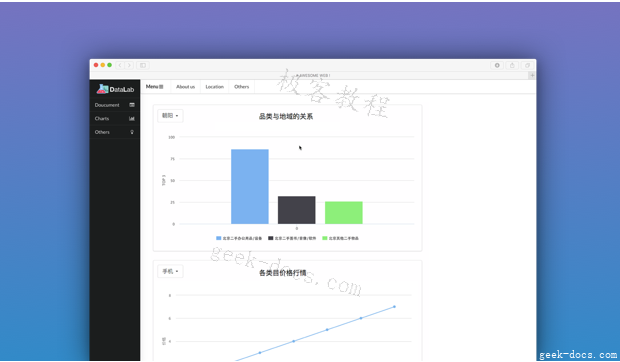
Note: Project for the Python Web Scraping Course: Second-hand Market Website
- Repackaging Programs in Other Languages
Python is also called a glue language because it can use libraries from languages like C/C++/Java in a mixed compilation approach. -
Smart Hardware
As a microcomputer, the Raspberry Pi also uses Python as its primary development language.
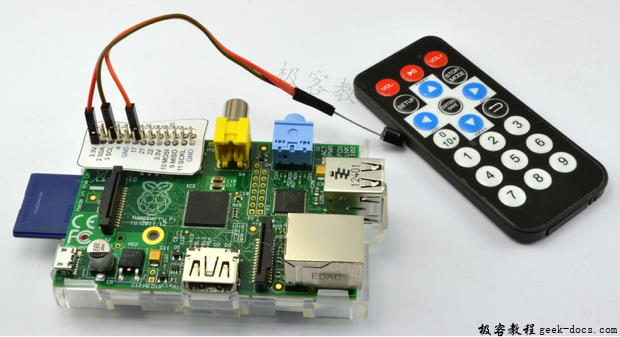
Controlling the Raspberry Pi with an infrared remote control, by Babaozhou
Finally, here’s a quick quiz for choosing a programming language. You can choose which language to learn based on your needs.
